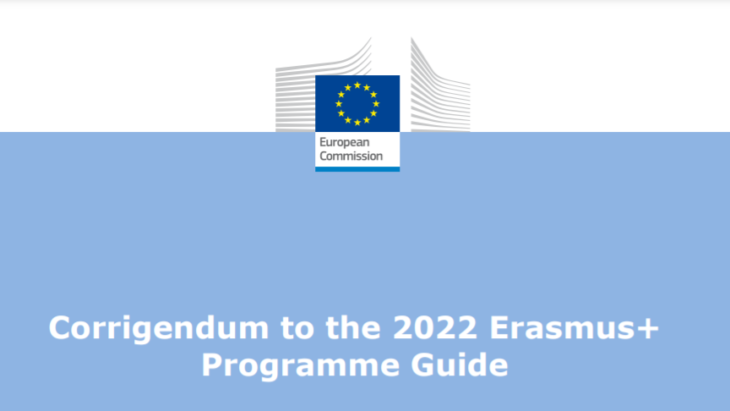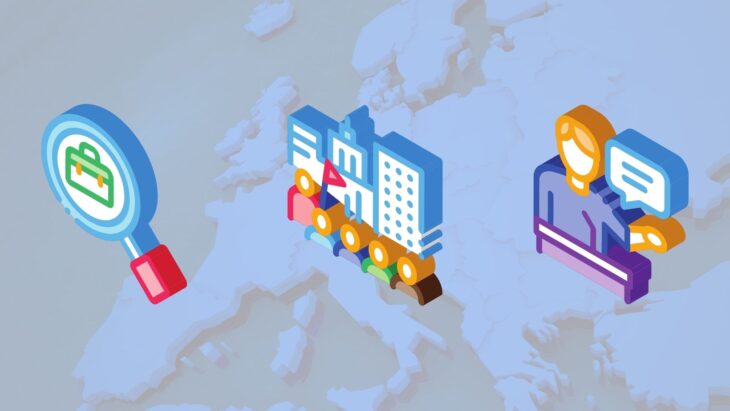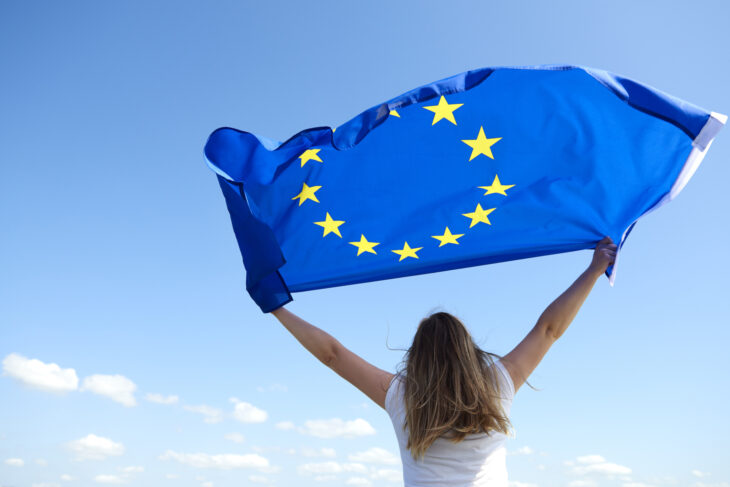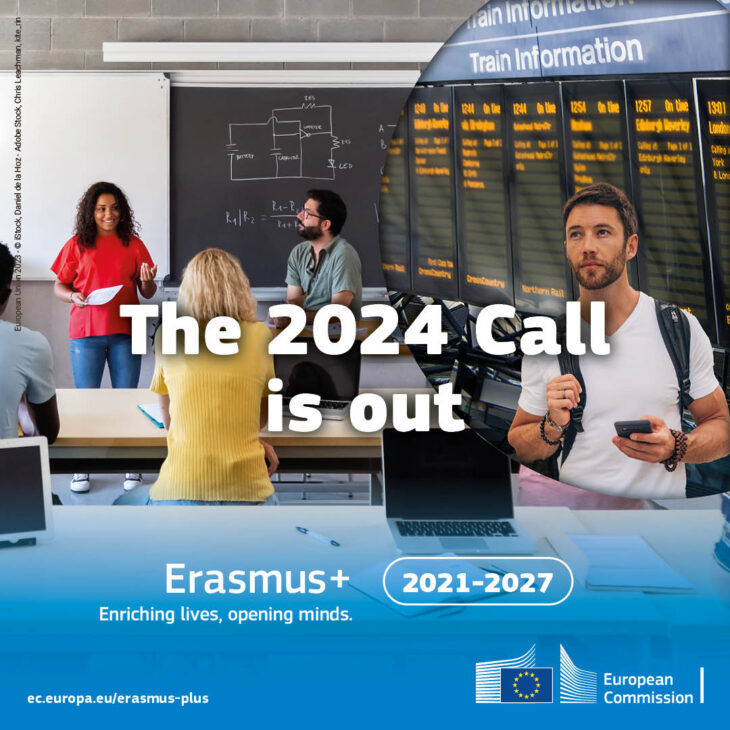Lisbon: capital of Portugal and one of the most beautiful cities in Europe. Here the vast, irregular and multicolored set of houses is exalted by the sunlight and turn into a flowery meadow that follows the course of the Tagus River, whereas “the monuments, the old castles stand out above the swirl of houses, like distant heralds of this delightful place, of this fortunate region”, as Fernando Pessoa wrote.
Lisbon is the place where past, present and future meet harmoniously: it is a romantic and elegant city, where maritime exploits took place and cradle of poignant music such as fado; at the same time it is a very modern metropolis, where you can admire futuristic buildings and colorful works of street art.
Walking along its narrow streets, steep stairways and long hills, youeyes are captured by the Lisbon azulejos, which highlight the monuments and modernity of Lisbon, from Baroque to art nouveau, on a journey through the centuries of the city Art is everywhere: the “calçada portuguesa”, a typical cobblestone of the sidewalks, illuminate the city, reflecting the light rays that strike the geometric or figurative motifs imprinted in the limestone skilfully worked.
And when the sun sets, the street lamps illuminate the Portuguese beauties: both in its ancient form, in metal structures fixed to the walls, and in its more modern form such as columns, they tell the story of the city.
But if you want to take a journey through the history of Lisbon, you have to start from the Alfama district, which developed during the Muslim domination and is the oldest in the city, as well as among the few to have preserved its medieval appearance.
The steep streets are lined with shops selling traditional handicrafts and cafés. And at the top stands the Castle of Sao Jorge, formed by a complex of buildings that includes a Moorish fortress, shady tree-lined avenues and gardens where you can relax. A breathtaking panoramic view in the evening is accompanied by the passionate notes of fado, resounding in the oldest restaurants in the neighborhood.
To further delve into Portuguese artistic and cultural identity, the second stop is the Jeronimos Monastery, the highest artistic expression of the Manueline style, which flourished in Portugal in the first decade of the 16th century; it is also an important cultural symbol, as it houses the memories of the illustrious Portuguese, from Vasco da Gama to Luis Vaz de Camoes to Amália Rodrigues to Fernando Pessoa. Dedicated to San Geronimo, the patron saint of sailors, it stands in Belém, which is precisely a district closely connected with the history of the maritime enterprises that made Portugal’s fortune, precisely because it lies on the banks of the river. In this district there is also the Belem Tower, one of the city’s symbols and the protagonist of the most beautiful postcards and photos dedicated to Lisbon.
Another symbol of the city and above all of its rebirth after the fury of the earth, fire and sea that consumed it during the earthquake of 1755 is the Arco da Rua Augusta, on which are imprinted, in Latin, “The virtues of greatest”: the strength, resilience and achievements of the Portuguese people. In a privileged place, where Lisbon is literally at your feet, you can observe the magnificent sculptures by Célestin Anatole Calmels, where Glory crowns Genius and Valor, the remaining statues, by Victor Bastos, representing figures from our history. But on them there is also the Marquis of Pombal, Vasco da Gama, Viriato and Nuno Álvares Pereira.
Experiencing Lisbon also and above all means admiring it from behind the windows of the typical Tram 28: you climb aboard a vintage-style yellow and white carriage and set off to discover the most characteristic neighborhoods of the city, in a winding and exciting path, due to the very narrow distance that in some points separates the tram carriage from the walls of the houses.
For this reason, ETN has chosen Lisbon as a place where to spend an important part of life: the “Pessoa Academy” agency will be operational from 3 February, which will allow students to carry out their training course within the Erasmus+ project. Thus, it will be possible to get to know Lisbon through the locals, who will be able to host European students in their companies and work activities.
Because Lisbon is worthwhile experience



















